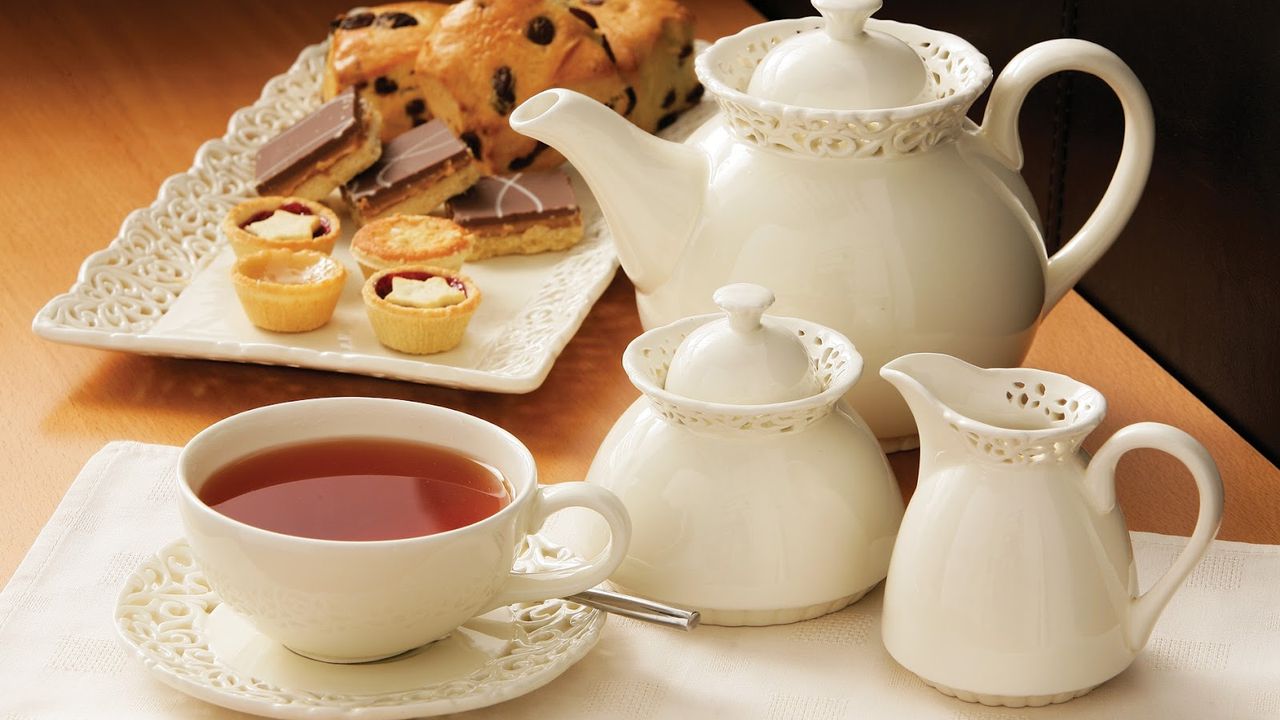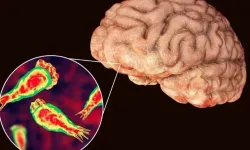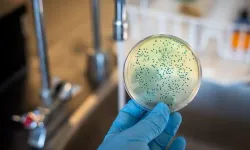Drinking tea slows aging, scientists say
According to scientists, tea significantly reduces the rate of aging.
Animal experiments have suggested that plant-based compounds in tea, called polyphenols, extend the lifespan of worms, flies and mice.
Studies in humans have found that tea consumption is associated with a reduced risk of several age-related diseases. These include heart disease, diabetes, dementia and cancer.
However, few studies have examined the relationship between tea consumption and biological aging.
Researchers from Sichuan University in China investigated the relationship between tea consumption and longevity using data from nearly 14,000 participants aged between 30 and 79.
Participants were asked how many cups of tea they drank in a day, the number of cups of tea they drank, and the number collected was analyzed in terms of biological indicators of aging.
Participants were assessed again in a follow-up study two to four years later.
IT IS NECESSARY TO DRINK THREE CUPS OF TEA A DAY
One obvious conclusion emerged from this data: Tea consumption was associated with slower biological aging, especially for people who drank moderate amounts of tea.
Research suggests that consuming about three cups of tea a day may provide significant anti-aging benefits.
There are a number of molecules in tea that may support these potential anti-aging properties.
The tea plant is rich in polyphenols and antioxidants, which are thought to play a role in reducing inflammation, clearing toxic by-products of cellular reactions and increasing cell turnover.
The study provides exciting evidence of tea's effects on slowing the aging process and reducing the risk of age-related diseases.
The findings highlight the role of tea in developing nutrition-focused anti-aging interventions and guiding healthy aging policies.















